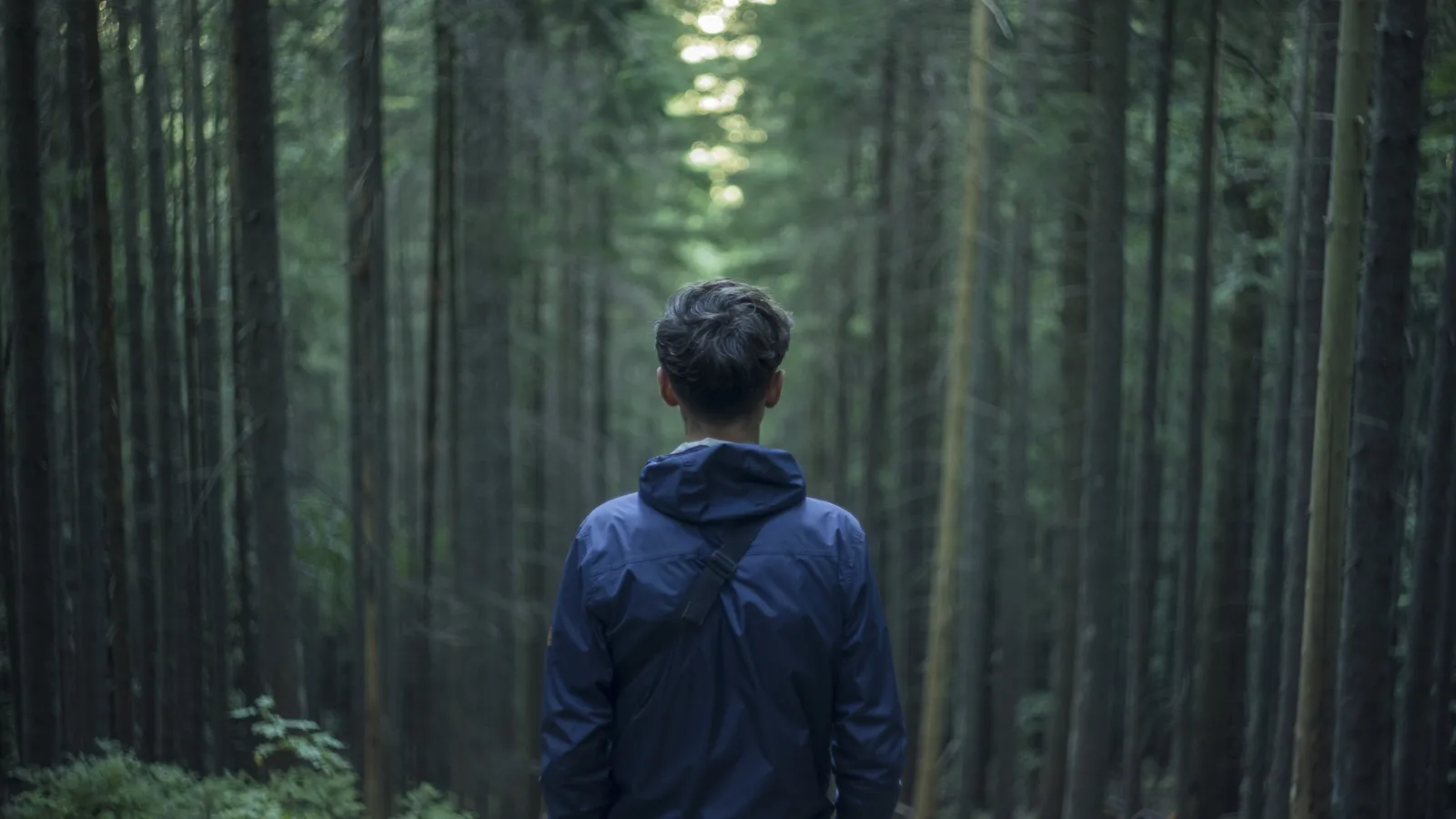The self-awareness project is an opportunity to reflect upon the depth of your experience in the course. How did it go? What happened? What did you notice about yourself? What does your experience suggest to you about what comes next in your own development as a creative person? Here are a few possible considerations:
- What do your experiences in this class teach you about your own creativity?
- What does your experience in this course suggest to you about what comes next in your own development as a creative person?
- What was surprising or interesting about your experiences in this class?
- When did you notice yourself having the most difficulty in this class? What do you think this tells you about your development as a person?
- What was most fun or joyful about being in this class? What do you think this tells you about your development as a person?
- What memories, thoughts, or feelings were evoked by your experiences in this class?
- What has your experience in this class taught you about your own challenges in personal development?
In considering how to approach this project, you could think about the intentional design of the course and the educational principles applied to it:
- Emotional safety: a person-centered environment, with emphasis on belonging, being seen, and encouragement for safe exploration (which includes things like making mistakes, trying again, and reversing course)
- Trust: a focus on healthy relationships, authenticity, consistency, congruence, and dependable and ethical action (for instructors as well as learners)
- Self-awareness: encouragement of insight, personal knowledge, open pathways, comfort with discomfort, and connecting self to others
- Empathy: an emotionally safe community, with safe feelings and processes, an emphasis on positive change, and encouragement of emotional openness
The structure of this project is flexible. You can include as much as you like: thoughts, reflections, ideas, implications, insights, or anything that might help you to deepen your creativity and understand your life. If you’d like a few further considerations for this project, review the evaluation criteria for the projects and the course overall; these criteria show the kinds of attitudes and behaviours that lead to good self-reflection and self-awareness:
- Taking personal responsibility for the motivation and self-awareness required for meaningful learning
- Challenging oneself, especially with the discomfort of encountering new things
- Developing and sustaining a positive, growth-oriented mindset
- Encouraging belonging, trust, and emotional safety for everyone in the learning environment
- Caring for people (via empathy) and caring for oneself (via self-reflection and self-regulation)
- Examining and revising personal values and beliefs as the result of new learning
- Suspending judgment and evaluation in situations involving process and flow
- Approaching creativity as a set of skills with many dimensions and a long learning curve
- Engaging in the reciprocal process of appropriate feedback
- Showing up and doing the work
How long should the self-awareness project be? Good question. How long do you think? If you have committed to the process of this class in any meaningful way, you will have some reactions and emotions about your experiences. How many words would it take you to describe and express these reactions and feelings? How much detail would you need to include in order to give a decent snapshot of your overall experience? Would you need more than a hundred words? For sure. Five hundred? More, probably. More than a thousand? Maybe. More than a million words? Probably not that much. See how it goes. As you will have understood by now, word count is not even a remotely helpful guide to the quality or effectiveness of writing (see the Tao Te Ching, for example: one of the world’s greatest and shortest works of literature). Writing is as long as it needs to be.
If you get stuck with this assignment, feel free to reach out to ask questions. But really, getting stuck is an aspect of the process. It’s part of how we move forward and grow.
You ask whether your verses are good. You ask me. You have asked others before. You send them to magazines. You compare them with other poems, and you are disturbed when certain editors reject your effects…I beg you to give up all that. You are looking outward, and that above all you should not do…there is only one single way. Go into yourself.
